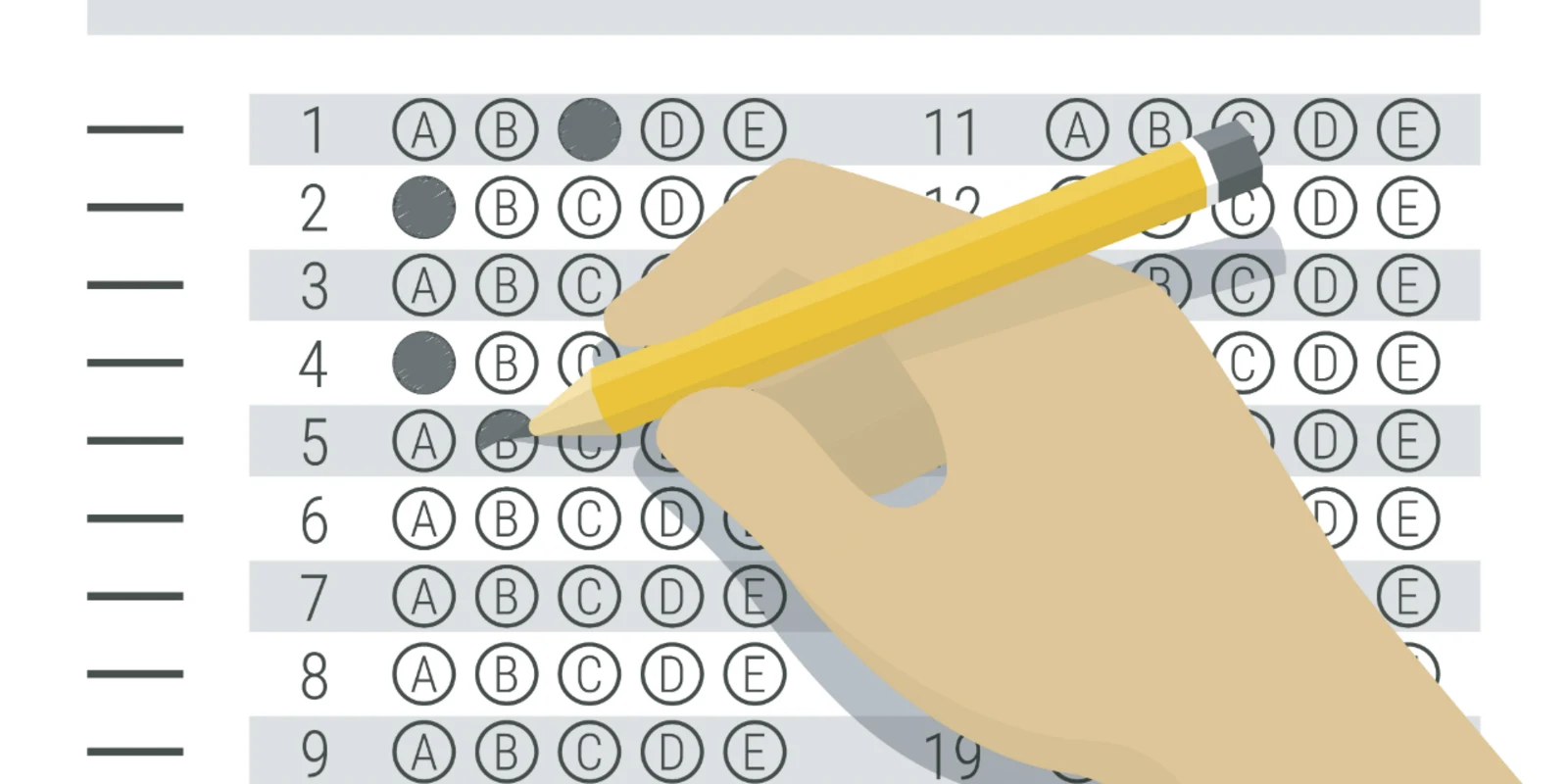
The American Board of Radiology took advantage of several opportunities to share information on the new Online Longitudinal Assessment (OLA) program at RSNA. I presented "Online Longitudinal Assessment is Almost Here! What Will It Mean for You?" in the ABR Update Refresher Course. ABR President Brent Wagner, MD, spoke at the Discovery Stage, presenting "ABR OLA: A Better Way to Assess your Knowledge."
Staff manned the ABR booth along Publishers Row in the South Building all week and had iPads available for hands-on demonstrations of the OLA interface for interested radiologists. OLA is the new assessment tool that replaces the every 10-year Maintenance of Certification (MOC) exam. ABR diplomates enrolled in MOC will receive a weekly email with two question opportunities and a link to the myABR OLA dashboard, from which they can access questions that can be answered using laptops, desktop computers, or tablets. There will be a requirement to answer at least 52 questions per year, but diplomates will have flexibility. They will receive immediate feedback when they answer questions. Each question will have a brief explanation of the correct answer and a reference.
OLA went through an extensive pilot program that included 1,200 volunteers from the radiology field who offered their feedback on the system. Their suggestions were used to further develop OLA in preparation for its rollout early January for diplomates in diagnostic radiology and its subspecialties. Practice questions are available on the site for the next month to help diplomates become familiar with the easy-to-use system. OLA will be implemented in early 2020 for interventional radiology, radiation oncology, and medical physics.
More than 120 conference attendees tried OLA and had the opportunity to choose topics relevant to them by defining their practice profiles. They enjoyed exploring the new system and said they were excited about starting next year or in 2020, depending on their discipline. OLA's goals are to provide a more convenient tool to assess diplomate knowledge and support lifelong learning. The questions are based on "walking-around knowledge," so no studying should be needed. It eliminates the need for an anxiety-inducing exam to satisfy Part Three of MOC.
Similar longitudinal assessment programs are being developed by most other American Board of Medical Specialty (ABMS) Member Boards. The American Board of Anesthesiology was the first to come up with an online program to meet the MOC Part Three requirement and it has been very successful. For more information on ABR OLA, please see this article in The Beam. More can be found on ABR's OLA web page.
The ABR is confident that OLA will address many diplomates' concerns regarding Part Three of MOC and we look forward to your feedback. Please follow us on Facebook and Twitter for regular OLA updates and for more opportunities to engage with staff about the system.
Vincent Mathews, MD is the ABR President-Elect.






